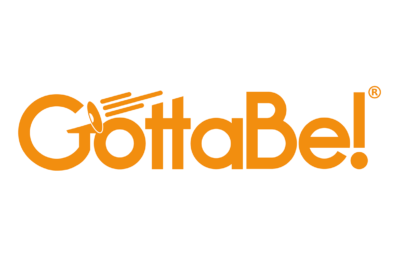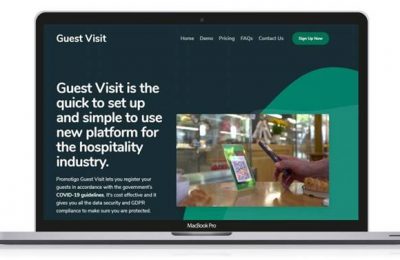The IPM’s very own Regulatory Affairs Manager Mani Roberts shed lights on the effects of Covid-19 on our industry and support measures available for businesses and individuals in need of assistance.
The effect of the Covid-19 crisis on the promotional marketing and advertising sector has been profound. The financial implications of the current situation have severely impacted the industry as revenue disappears and client relationships are put on hold.
The government has introduced a number of measures to support businesses and individuals in need of assistance that will go some way towards reducing the impact of coronavirus on the industry. Find out more and how else you can help your company at this tough time below.
Small and medium-sized companies can access the government’s Coronavirus Business Interruption Loan Scheme which opened on 23rd March. Support comes in the form of access to interest-free loans, overdrafts and finance options of up to £5m subject to prove that Covid-19 has negatively impacted an actively trading organisation.
A grant payment to cover interest and initial fees for 12 months will be provided with the government guaranteeing 80% of the loan which will be provided by one of a number of lenders including high street banks. It’s recommended however to approach your own bank prior to applying to the initiative.
The scheme is scheduled to run for six months and is open to sole traders, limited partnerships, the self-employed and freelancers so it could benefit a significant part of the sector.
If your turnover is in excess of £45m the government has opened the Covid Corporate Finance Facility with the ability to provide short term funds for businesses with an excellent credit rating and proof of good financial health. This cashflow support could be beneficial in helping businesses through this immediate period.
Changes to staffing arrangements will help companies manage this period effectively. The widely reported staff furlough scheme introduced by the government allows staff to be retained with 80% of their salary paid by the HMRC up to £2500 a month subject to standard NI and tax deductions.
It’s available to all staff employed on or prior to February 28th this year on the majority of contracts. Currently scheduled to run until May 31st it may be extended depending on the situation develops.
Each business has individual needs so alternate or supplementary options to the scheme are offering staff part-time roles during the pandemic to maintain workflow or, as in other sectors, senior staff reducing their pay.
The HMRC is offering additional support in the form of deferred VAT payments for any payments due between March 20th and June 30th. It’s available to UK VAT-registered companies and covers a three-month period.
In addition, they’re also offering support to businesses unable to pay corporation tax, VAT and PAYE by waiving penalties for late payment and interest on missed payments. Also, their new ‘Time to Pay’ scheme allows firms to defer tax payments with the debt required to be paid across 12 months in instalments in most circumstances.
As can be seen the government has attempted to assist firms in trouble due to Covid-19 but there are steps businesses can take themselves to reduce the impact of the virus and ensure they’re ready for the future.
Communicate with those you do business with. Regular updates and clear communication will maintain good working relationships in a tough environment.
Explaining to suppliers, for example, that payment will be delayed as you’ve not been paid by a client and actively engaging should benefit companies. By working with them firms may be able to delay financial obligations and extend payment terms.
Communicating effectively with clients will allow businesses to get a better sense of how they’re coping with the current situation and allow effective business decisions to be made in regards payment structures, financial arrangements and what revenue may be incoming in the immediate future.
With income impacted firms need to analyse their processes and arrangements to see where possible savings can be made. Discussing a rent payment holiday with property landlords can help reduce the pain companies are feeling, with government assurances that no businesses will be evicted if any payments are missed until the end of June it’s a good opportunity to discuss rent arrangements.
Requesting payment of outstanding invoices and amending future invoices to insist on immediate payment will also protect companies whilst the coronavirus is affecting the way the industry operates. Companies should also check their insurance arrangements to verify whether their policy allows for any claims to be made in these circumstances.
Assistance is available for struggling businesses so utilising the new schemes and initiatives the government has created will soften the blow of these troubled times.
The IPM is here to support your business in the current situation. Our Legal Affairs Manager, Mani Roberts is contactable at legal@theipm.org.uk with any queries.

























